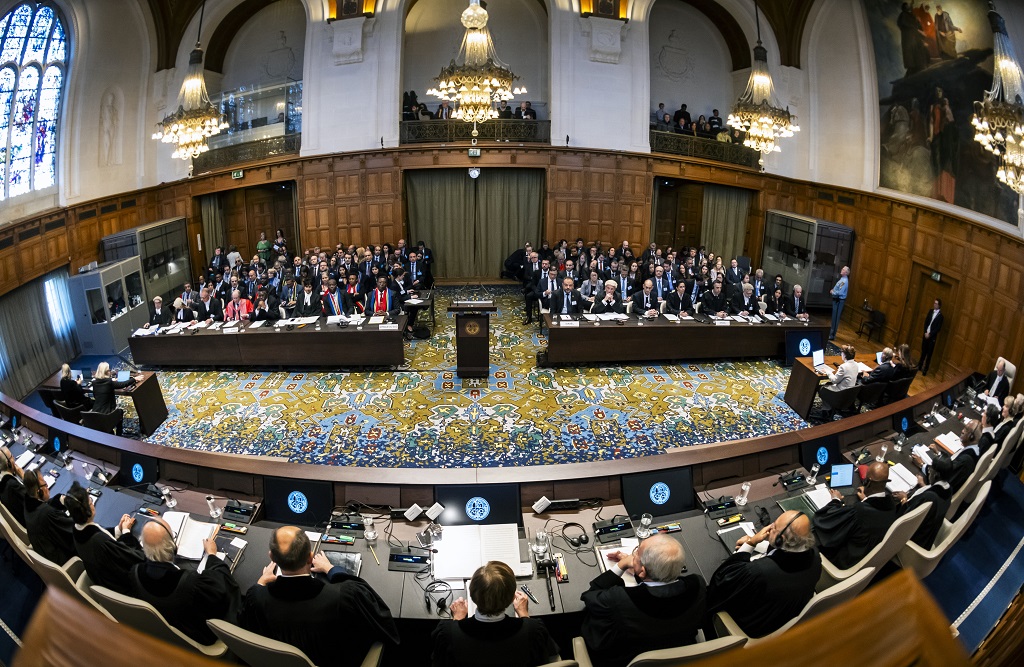European Court Of Justice To Issue Warning For Telegram-Like Applications! The Court of Justice of the European Union has stated that backdoors in end-to-end encrypted messages would erode freedom of expression and expose users to security risks.
You might like: Latest Status in Bitcoin and Cryptocurrencies! – February 15
It warns that creating backdoors in end-to-end encrypted messaging services like Telegram and Signal could open doors to hackers, identity thieves, and indiscriminate state surveillance.
In the case of US citizen Anton Podchasov, the court opposed the government’s request to decrypt the encrypted messages using Telegram’s “secret chat” feature.
The court determined that while criminals could use end-to-end encryption (E2EE) to evade law enforcement, providing encryption backdoors would endanger innocent users and erode their rights to free speech.
It asserted that encryption backdoors would affect everyone indiscriminately and would enable routine and widespread surveillance of personal electronic communications.
European Court of Human Rights unequivocally protects encryption! 👏🏽
Today, the Court ruled in Podchasov v. Russia that forcing @Telegram to decrypt communications of its users is incompatible w/ the very essence of the European Human Rights Convention.https://t.co/YfiPKMMKkQ pic.twitter.com/j3YrfK0exm
— Natalia Krapiva 👩🏻💻🕊 (@natynettle) February 13, 2024
The court added, “Technical solutions that protect the privacy of electronic communication, such as encryption measures, contribute to the protection of rights such as freedom of expression by supporting the use of other fundamental rights.”
Also, it argued that there are alternative ways to monitor encrypted communications, such as access to communication devices, which do not require an encryption backdoor.
Podchasov, since his first lawsuit against his government in 2018, claimed that his government’s request to surrender the messaging records of users suspected of terrorism would lead to the decryption of all user communication and that this situation would violate the European Convention on Human Rights.
Telegram rejected this request by arguing that this would not be possible without a backdoor that would weaken encryption for all users. In response, the country blocked access to Telegram in April 2018.
Telegram-Like Applications
Podchasov’s case progressed with many appeals and finally reached the country’s highest court.
In its final decision, the court ruled that the country violated the provision of the European Convention on Human Rights stating, “Everyone has the right to respect for his private and family life, his home, and his correspondence.”
The European court ruled in favor of Podchasov, stating that the obligation to decrypt E2EE communications “cannot be seen as necessary in a democratic society” and that laws allowing access to communication without guarantees harm rights.


